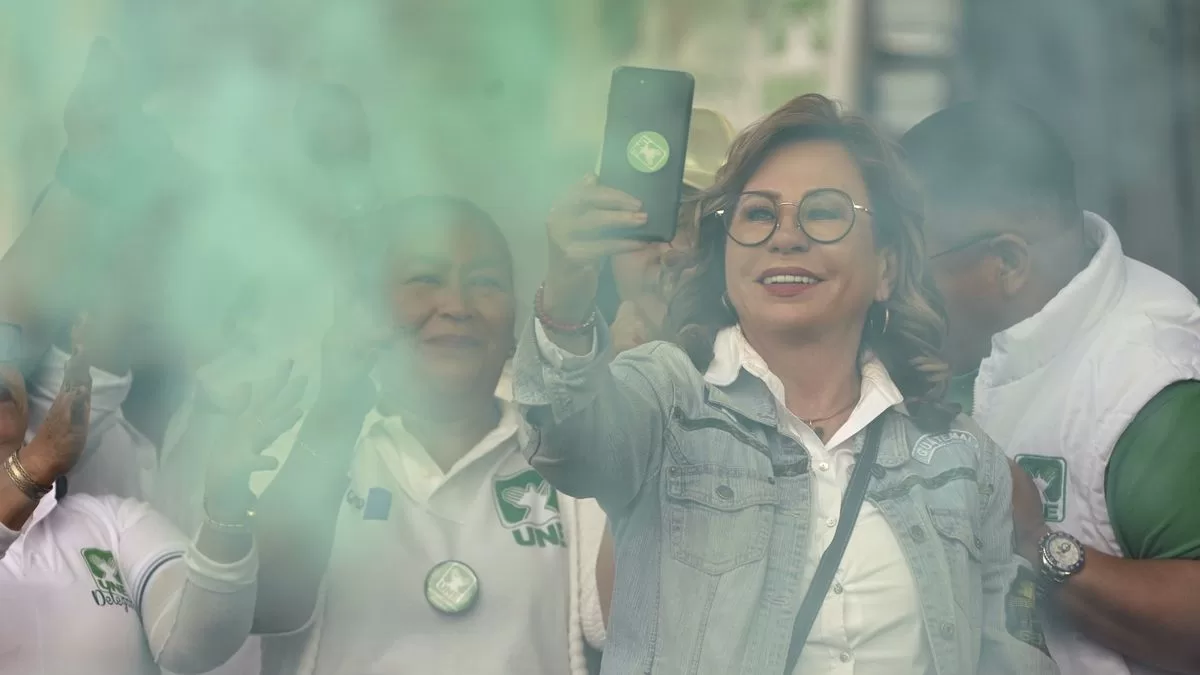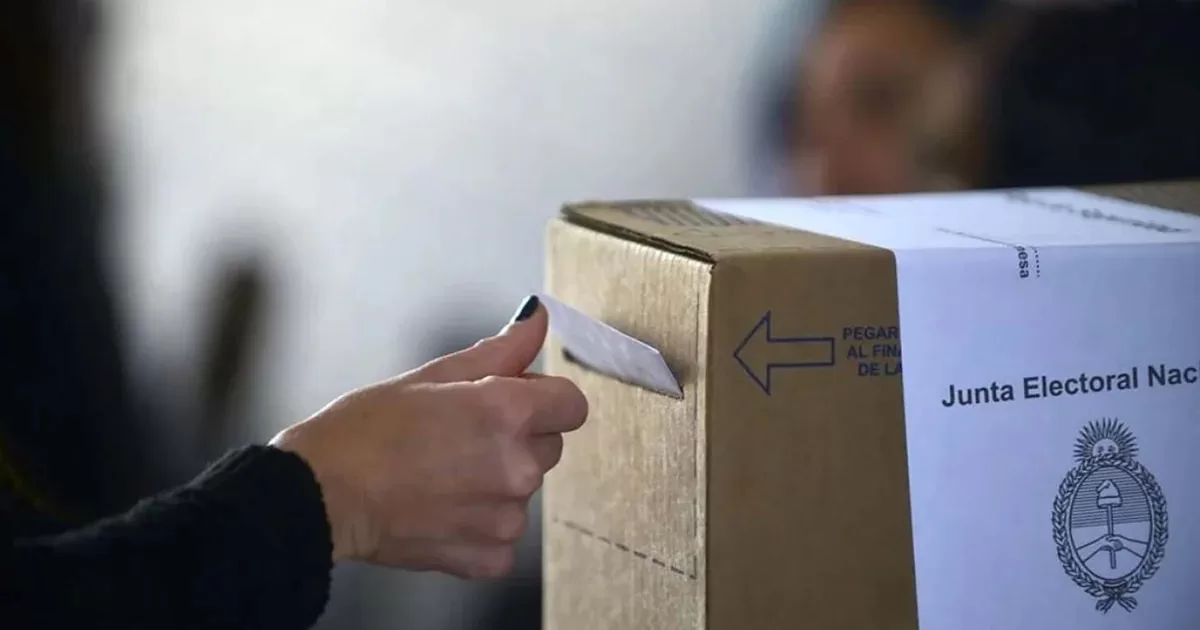Rudy Esquivel, spokesman for the CSJ, told journalists that the Court granted a definitive protection to the Movimiento Semilla party to order the Supreme Electoral Tribunal not to abide by the resolution of a judge who, at the request of the Prosecutor, ordered to suspend the personality of the party to prevent it from participating in elections. He alleged alleged irregularities in the signatures with which it was constituted as a party.
The decision is still appealable before the Constitutional Court.
According to the Electoral and Political Parties Law, no party can be suspended or canceled while an electoral process is taking place.
The decisions of judge Fredy Orellana and the actions of prosecutors Rafael Curruchiche and Cinthia Monterroso against the Semilla party, which included searches, seizure of the original documentation of the party’s creation and arrest warrants, generated national and international rejection on the grounds that there was an intention to block his political participation in the second round.
The leftist party nominates the candidate Bernardo Arévalo, who has offered to fight corruption in the country.
Juan Guerrero Garnica, a lawyer and national prosecutor for the political organization, told The Associated Press that they had not yet been notified, but that was what the law expected to be resolved.
Arévalo will contest the presidency on Sunday against former first lady Sandra Torres proposed by the right-wing National Unity of Hope (UNE) party.
The outgoing Guatemalan president, Alejandro Giammattei, called on Friday for citizens to come on Sunday to “freely and consciously exercise their right to vote.”
“We have condemned, in an iron manner, the foreign interference that has tried to violate our sovereignty,” he added. The president ratified that his government provides all the guarantees so that the votes are held in a climate of peace and security and promised to “promote an orderly, transparent and efficient transition process” with the new government that is elected.
On Friday Torres, the former first lady who is seeking to win the presidency of Guatemala for the third time, closed her electoral campaign with the promise of delivering social assistance and warnings about a possible adverse result.
Torres allied himself with the ruling party, ex-military linked to the civil war (1960-1996), evangelical churches and political parties that lost in the first round in June to achieve their goal. Hundreds of pro-government mayors have expressed their support for him for the second round that he will contest on Sunday with the left-wing candidate Bernardo Arévalo.
“Today more than ever we have put aside our political flags, we have put aside our party colors to work for the unity of our country, for the unity of Guatemala,” he said in reference to his alliances. He added that Guatemala is a poor country but that will change under his government.
With cumbia music in the background and between glasses, caps and shirts with the party logo, masks with his face and food for the attendees, Torres gave his speech minutes before the end of the legal period to carry out an electoral campaign and which ended on Friday at noon.
Walter Sec, a 40-year-old vegetable vendor in La Terminal, complained on Friday about the price hike, explaining that he now sells a box of tomatoes for 200 quetzales compared to 120 or 150 a few years ago.
Sec said that on Sunday he would vote for Arévalo because “she is more transparent compared to the other candidate.” The trader hopes Arévalo will help stabilize prices but more than anything he wants an honest government. He has heard what Torres says about Arévalo but he doesn’t care.
“Every human being has flaws. Now you have to vote for the one with the fewest defects,” said the merchant.
The former first lady – who during the tenure of her deceased ex-husband Álvaro Colom (2008-2012) played an important role in social assistance – is accompanied by the evangelical pastor Romeo Guerra as vice president.
Guerra, who advocates for the defense of the family and is against marriage between people of the same sex, said that the country must be governed “with the law of God but also with the constitution of the Republic of Guatemala” and warned that the other party comes against our family, but with God’s help we are not going to allow this”.
Guatemala went through several democratic transitions after a 36-year civil war that ended in 1996. Since then, Guatemalans have grown increasingly frustrated with a political system that appears rigged to benefit a few.
The local and international perception is that the rule of law and democratic institutions have been weakened and that outgoing President Alejandro Giammattei co-opted the Attorney General’s Office and other organizations to prosecute his political enemies and ensure impunity for those accused of corruption.
The US government suspended cooperation with the office of Attorney General Consuelo Porras and later sanctioned it for alleged involvement in “significant corruption and undermining of democracy.” Institutional weakening accelerated its deterioration starting in 2019 when then-President Jimmy Morales (2016-2020) expelled a successful United Nations-backed anti-corruption mission.
Under Giammattei’s mandate, those who fought against corruption were persecuted. Porras’s office threatened charges against more than two dozen prosecutors and judges, who fled into exile. The same happened with journalists and human rights activists critical of the government.
The rising cost of living, limited job opportunities and rising crime have pushed thousands of Guatemalans to emigrate to the United States in large numbers in recent years.
FOUNTAIN: Associated Press


